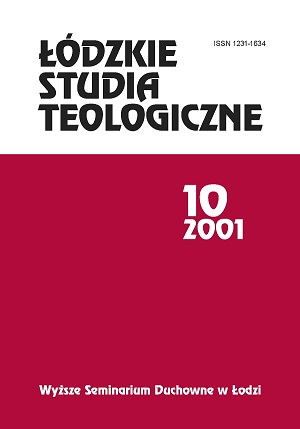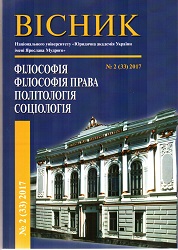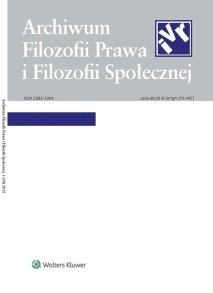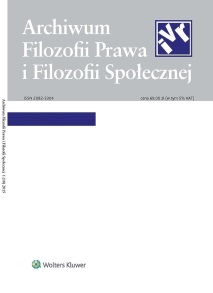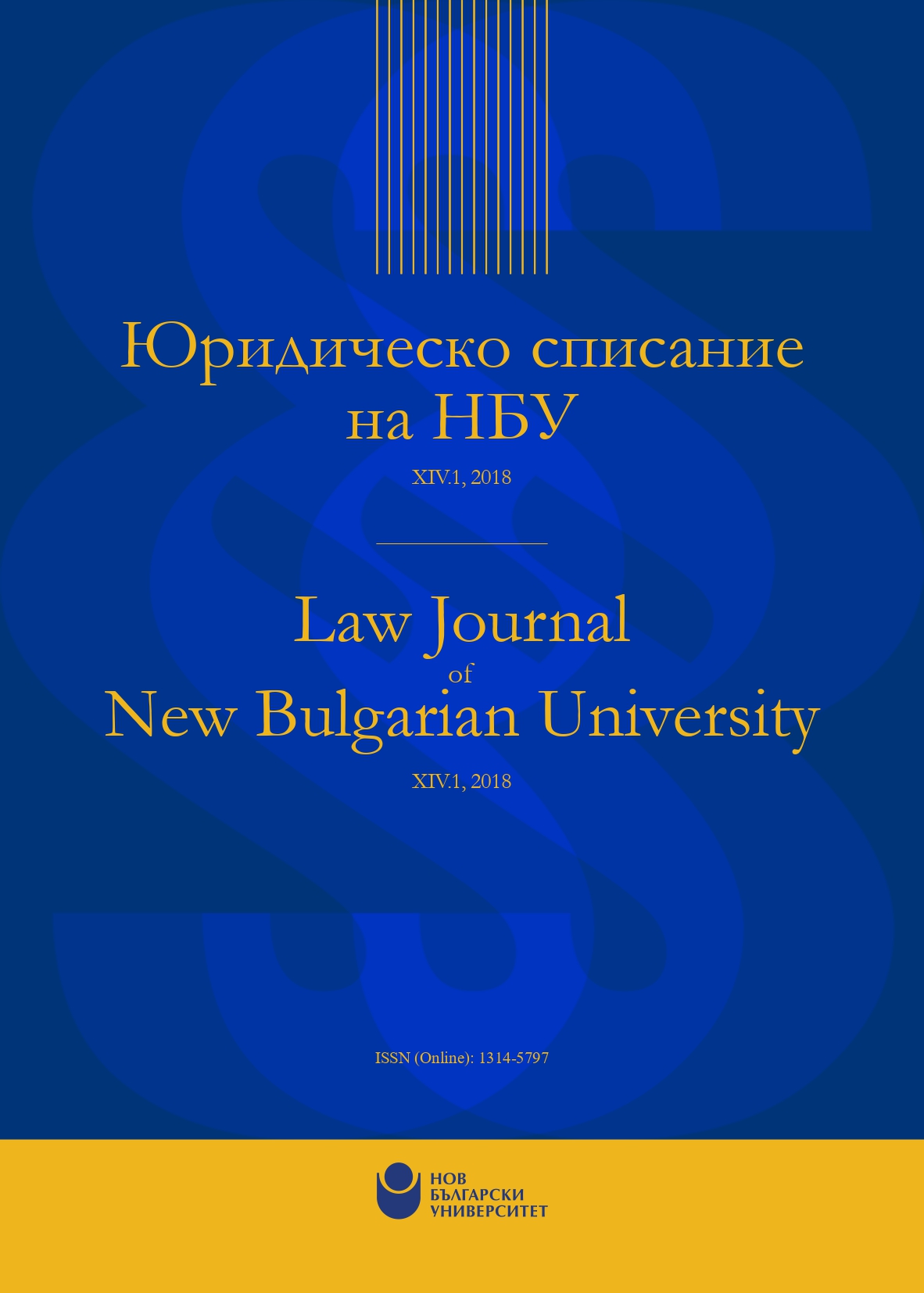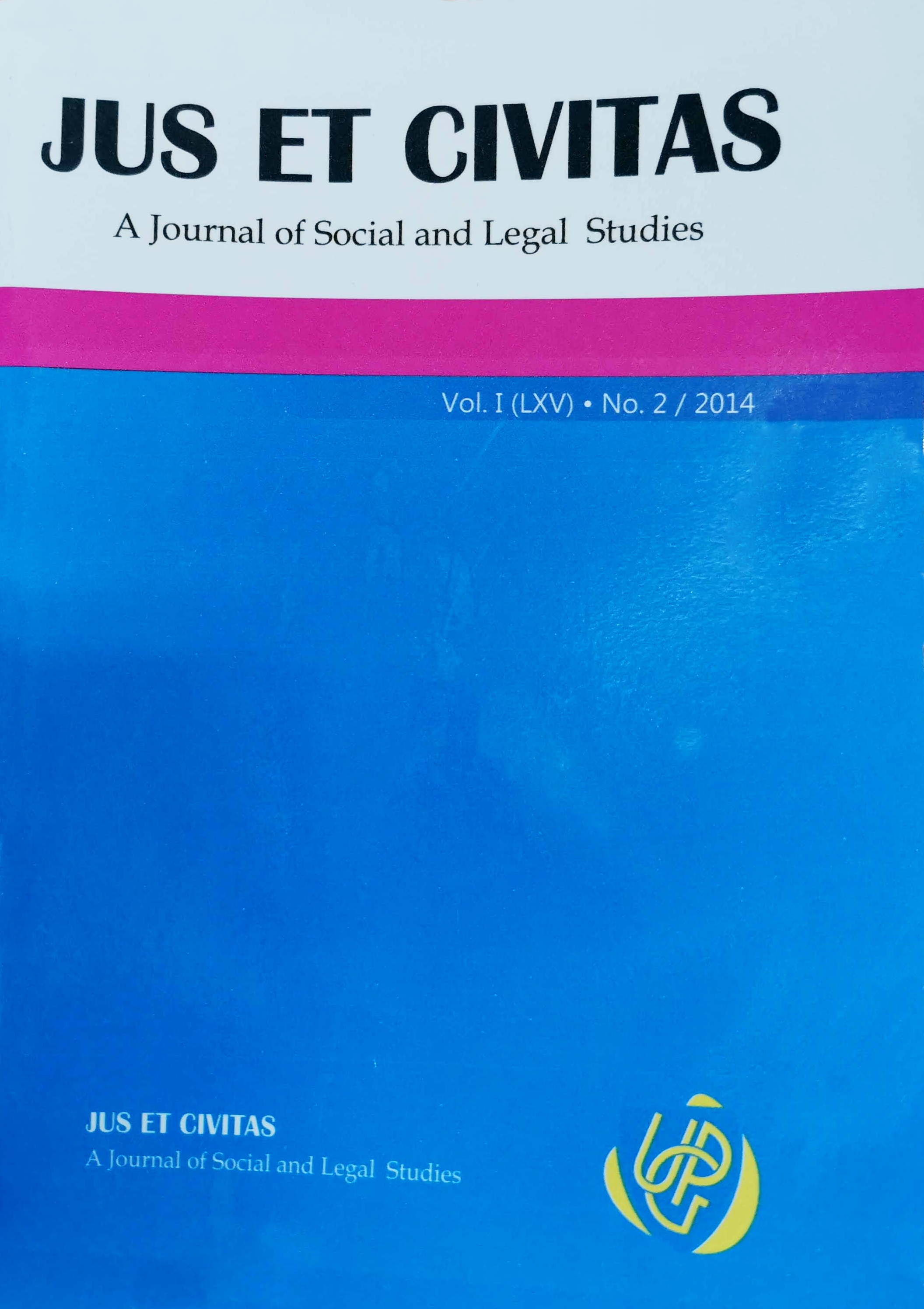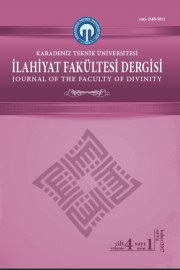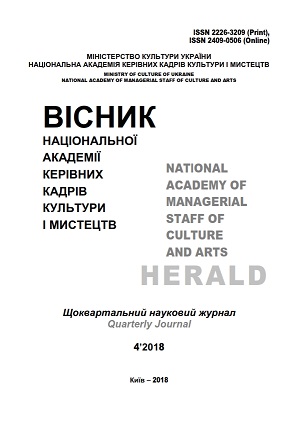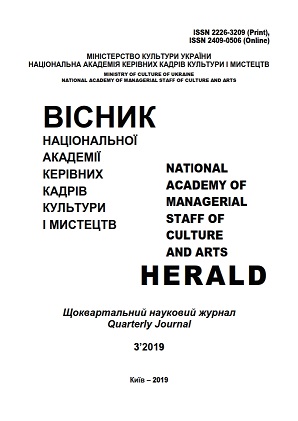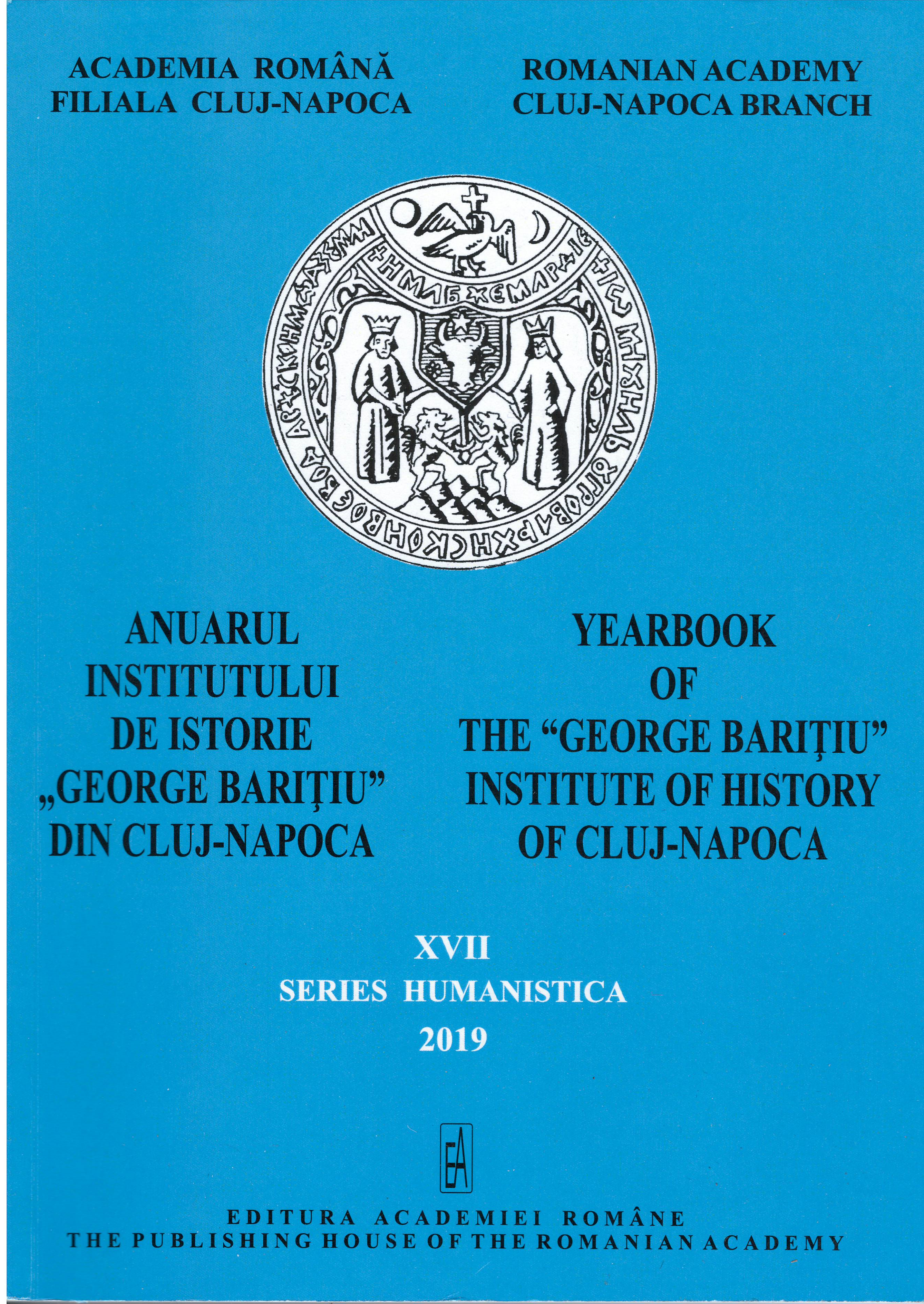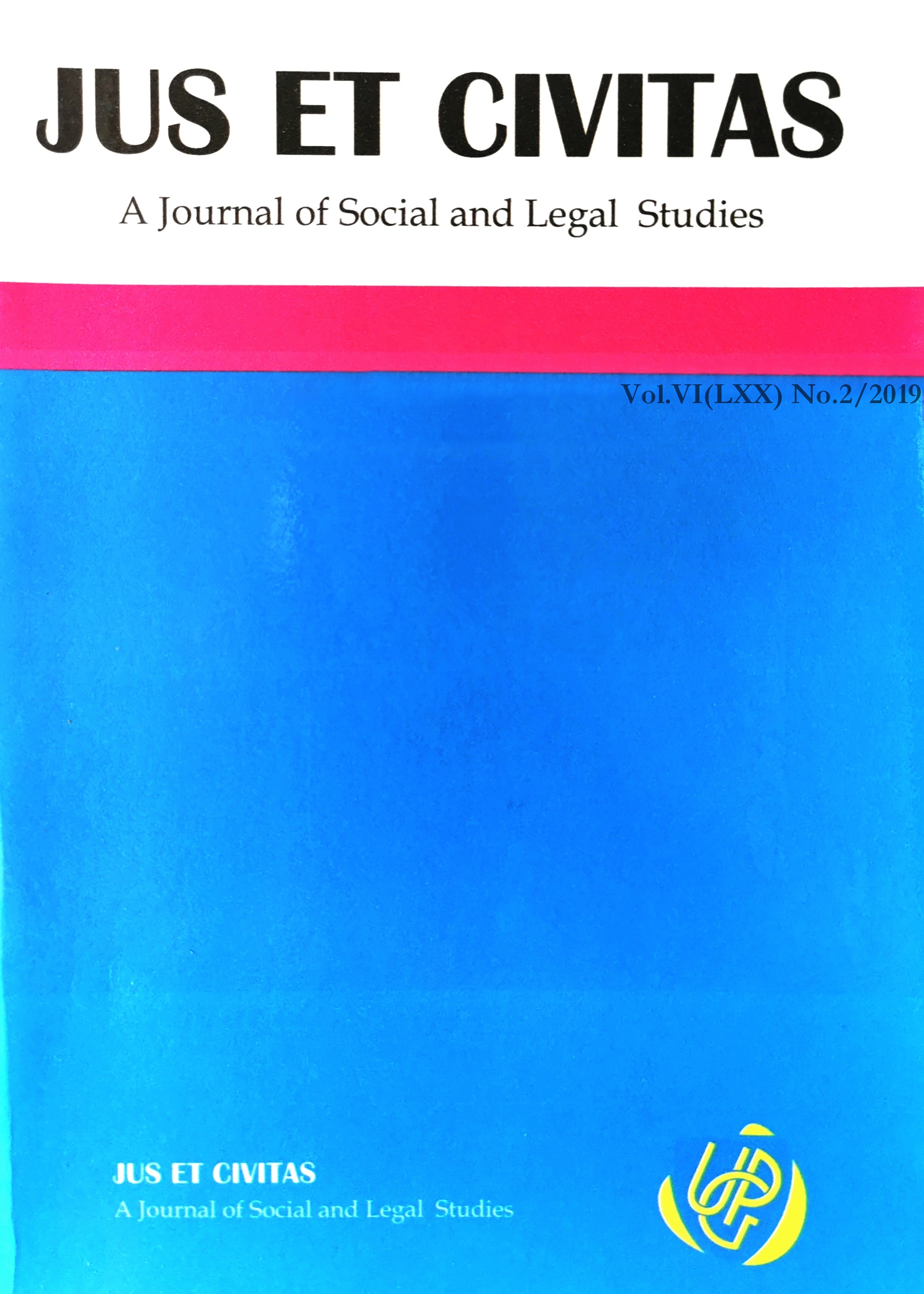Author(s): Vasyl Yakovych Tatsiy,Oleg Gennadiyevich Danilyan / Language(s): English
Issue: 4/2018
The purpose of the article is to investigate in theoretical and practical aspects of the peculiarities of the formation of the rule of law in modern Ukraine. The methodology is based on a complex combination of general scientific (analysis, synthesis, analogy, etc.), philosophical (dialectical, hermeneutical) and special legal (regulatory and analytical, comparative legal) methods. The scientific novelty of the work lies in the systemic disclosure of institutional and noninstitutional factors for the development of the rule of law in Ukraine, highlighting the problematic issues that arise at the present stage of national state-building. Conclusions. The scientific discourse about the features of the realization of the essential features of the rule of law in modern Ukraine unfolds in the following areas - ensuring quality of judicial and law enforcement activities, clear separation of powers between the branches of government and its structures (in order to avoid duplication, dual subordination), raising the level of legislative work in the Ukrainian Parliament, adherence to the principles of the rule of law in all areas of public life no and so on. Generally, it can be stated that in modern Ukraine the rule of law is only being born, and the compliance with the principles of its functioning in domestic legal relations is not yet systemic. The development of the institutions of the rule of law is an integral part of the entire political system in the country. That is why there is a need to reform the judicial branch of the government, law enforcement agencies, lawmaking procedures, taking into account the best foreign examples. One of the ways to improve the quality of legislative work is the creation of bicameral parliament in Ukraine, which should ensure more thorough consideration of the draft laws, representation of the regions, and which will serve as a forum for finding a compromise on the strategic directions of the country’s development. As the experience of the countries with stable democratic traditions shows, for the development of the rule of law, it is not enough to adopt quality laws; important is their perception and implementation by all subjects of social relations, which have a developed legal awareness and legal culture of democratic quality. To raise the level of legal recognition and legal culture of Ukrainian citizens, we propose to create a system of legal education and upbringing that would be supported by the state and civil society. To ensure legal education and upbringing legal policy of the country, a number of consecutive steps should be foreseen.
More...

